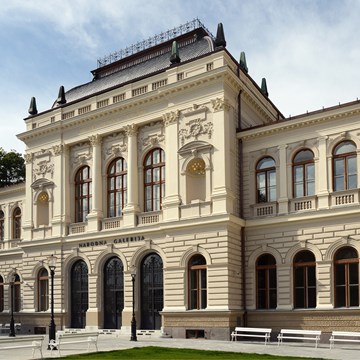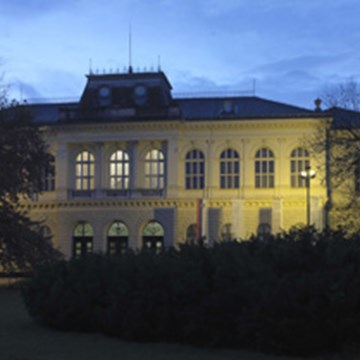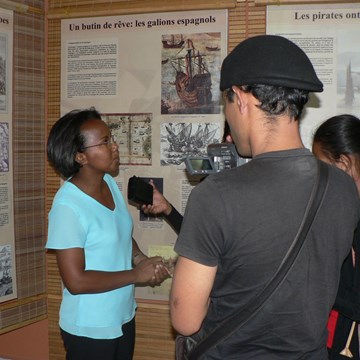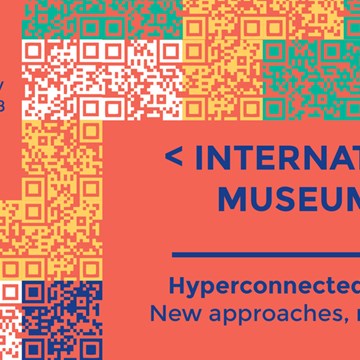'The World's Peace' - Woodrow Wilson's Fourteen Points
On 8 January 1918, Woodrow Wilson, the president of the United States, set out his fourteen points to reform a world broken by the First World War. The US had entered the conflict the previous April as an associate power, and would be a major force in ending the war. Now, Wilson delivered his nation's blueprint for peace.
The president’s high idealism of open diplomacy, democracy, self-determination, disarmament and free trade was intended as an antidote to European imperial rivalry, nationalism and revolution. Yet within just over a year Wilson's plans were as broken and compromised as the world itself.
Graham Cross explores the story behind this famous speech that has come to define not only American war aims but also a whole tradition of national foreign policy. He also asks whether Wilson's aims were achievable or whether the president's idealism was foolhardy in the face of international diplomacy and domestic politics.
Suitable for
Not suitable for children
Admission
Free
Booking is recommended
Website
https://tickets.nam.ac.uk/performances.php?eventId=413:101
Exhibitions and events from this museum

The World's Army – Empire, Commonwealth and Dominion Soldiers
Explore the lives of people from around the world involved in the First and...

Victorian Soldier Action Zone
Are you a drummer boy, an infantryman or a cavalry officer? Find out in the...

Korea 1950 – 53: The Cold War's Hot War
Examine the role of the British Army during the first and only UN war to date....

The Making of Britain Display
Investigate the Army's role in creating and defending the nation state of Great...
Activities from this museum
We don't have anything to show you here.











